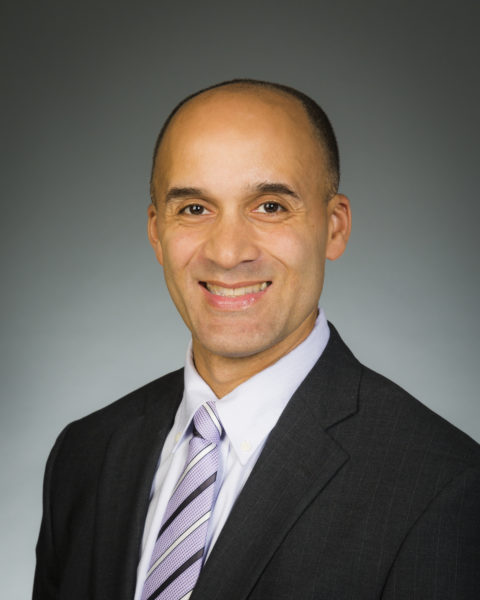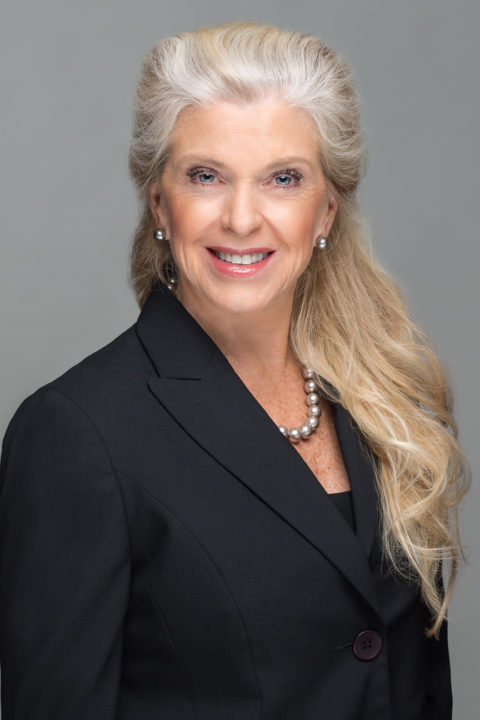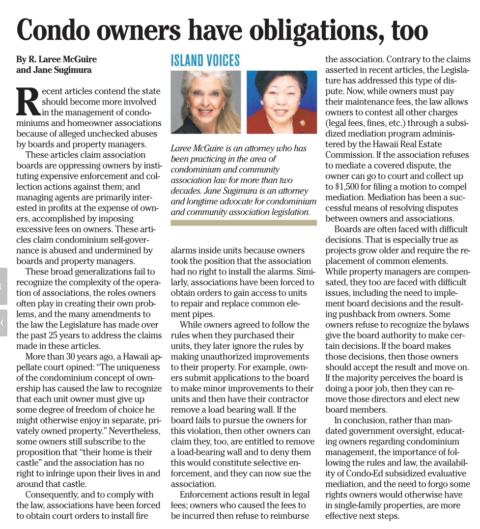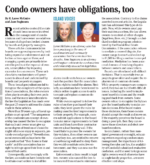

PMK Senior Associate Seth Harris is passionate about family law
Family law attorneys often meet people during very emotional events in their lives, such as divorces or custody disputes. Such situations require steady, compassionate guidance. The opportunity to help clients through these difficult times is exactly what attracted Seth Harris to family law.
“You don’t have to just struggle through this experience and be lost,” said Seth, who joined PMK in 2017. “I feel strongly about helping my clients get through what can be a tough process. That’s a big part of what motivates me and why I continue to do this.”
Seth received his Bachelor of Science degree from Georgetown University and his law degree from the William S. Richardson School of Law at the University of Hawaii, Manoa. He has 20 years of experience practicing law, 14 of which are in family law, and built PMK’s family law practice from the ground up.
In his free time, Seth enjoys Kendo (Japanese Fencing) and has earned a 6th degree black belt. He is married with two children, ages one and seven.


PMK, in collaboration with the Law Office of Kyle Smith, recently negotiated a highly successful class-action settlement with Stanford Carr Development, LLC on behalf of 107 single-family homeowners from the Cottages at Kehalani subdivision.
Each household will receive just over $51,000 for numerous construction defects including hurricane straps, plumbing, and windows. After four years of protracted litigation, Judge Peter T. Cahill of the Second Circuit, State of Hawaii, granted final approval of the $9.25 million settlement on December 27, 2021.
“We are very pleased that we were able to secure some relief for the homeowners of the Cottages at Kehalani who, like all homeowners, deserve to live in the quality of home they were promised,” said Kapono Kiakona, a partner at PMK Law.”
To secure this settlement, PMK and the Law Office of Kyle Smith reviewed hundreds of thousands of documents, and oversaw extensive deposition from experts and lay witnesses, all taking place amidst the numerous court closures and delays caused by the COVID-19 pandemic.
“This settlement would be a great outcome under normal circumstances, but we are particularly happy for our clients given we were able to obtain this result in the middle of the Covid-19 pandemic,” said Kyle Smith of the Law Office of Kyle Smith.


The advent of the new year is an ideal time to look ahead to issues that may impact condominium and community association law in the coming months.
PMK Partner Kapono Kiakona summarizes two topics he expects to be most relevant:
Short term rental issues
Both the Honolulu City Council and the State Legislature are considering a bill that could alter current short-term rentals. The current Honolulu ordinance, while popular in some communities, impedes owners of units in some Waikiki condominium buildings from renting to vacationers, even though those buildings previously provided short-term rentals for Oahu visitors for decades. Proposed changes to the ordinance are designed to clarify who may rent for the short term and who may not. However, many buildings are noting that the changes to the language are likely to create more problems than they solve.
The State Legislature is considering a bill that would create a private right of action for violations of any short-term rental laws. As of February 14, 2022, the proposed legislation grants a plaintiff up to $10,000 and their attorney’s fees if they are successful. Whereas defendants could seek attorneys’ fees and damages if a complaint is found to be meritless or false. The legislature claims this is to help neighbors police their communities.
Construction defects
Hawaii’s construction boom of the last five years has resulted in more frequent defects among some newer buildings. During a boom, there is an incentive to complete construction as fast as possible. This creates a greater potential for errors or workarounds. Many of these mistakes aren’t discovered until years after completion.
“All building associations of newer construction should be cognizant of these issues, and as a precaution, they should pay attention to their structures, how they are operating, how they look and investigate deficiencies in full detail,” Kapono said.
If your building is less than 10 years old, it is strongly recommended that a thorough investigation be completed before the 10-year running of the Statute of Repose.


The Hawaii State Legislature passed many laws during its 2021 Legislative Session that are relevant to condominium and community association law and the residents that these laws represent.
PMK Partner Laree McGuire summarizes the most significant:
SB 329 makes it easier for condominium boards to dispose of unclaimed personal property that was abandoned in common areas. If the board knows who left it and their address, they must provide 30 days’ notice through certified mail of its plan to sell, store, donate, or dispose of the property. If the board does not know the owner, they are allowed to do away with it immediately.
Also, because of this law, boards no longer must publish a plan to dispose of or sell the abandoned property. If the board receives any money from the sale, it still needs to hold the money for a known owner for 30 days, but if unknown, the proceeds immediately become association property.
SB 186 HD1 CD1 reflects the legislature’s ongoing intent to prohibit homeowners’ associations from passing restrictive rules that disallow residents from conducting bona fide agricultural uses on agricultural land.
Previously, homeowners’ associations had sought to circumvent this requirement by renewing agricultural restrictions that existed as of July 8, 2003, claiming that the renewed terms were exempt from the law even though those agreements may have expired after 2003.
This law clarifies that “renewed” contracts that restrict agricultural uses are considered new contracts and are therefore voidable, providing owners more opportunities to disregard restrictive covenants, strengthening the state’s intent to keep agricultural land available to promote diversified agricultural and agricultural self-sufficiency.
HB 247 SD 2 mandates that condominium projects in agricultural districts with more than five units must include a statement of the applicant’s assessment and the county’s comments regarding what type of supportive infrastructure is available, the potential impact on government plans and resources, sensitive environmental resources, and any other county requirements. It also mandates that the developer include a public report verifying that the project will not restrict agricultural activities.
SB 1387 requires dog and cat owners to microchip their pets but exempts animals that are part of a “designated management program” such as a cat colony. Although Governor Ige vetoed the bill, the Honolulu and Kauai counties already have microchip requirements, therefore, in those counties, it may be appropriate to add this requirement to house rules and/or as a condition of granting requests for so-called “reasonable accommodation.”
HB 599 HD 1 SD 1 CD 1 allows condominium associations to use electronic meetings, and electronic machines or mail voting during a local or county state of emergency.
SB 474 HD2 CD 1 requires real estate sellers to disclose whether a property lies within the sea level rise exposure area. It was passed to address the threat posed by climate change to the state’s economy, sustainability, security, and its residents’ way of life, and to ensure that potential buyers know that property that lies within a sea-level rise exposure area may be affected over time.
HB 1142 HD2 SD2 CD 1 affirms the legislature’s intent to facilitate a transition to electric vehicles. It also expresses concern that owners of parking lots in public spaces with 100 or more stalls are not always following the state’s mandate to provide one electric charging station, and many that do exist are in disrepair.
While the law acknowledges that association properties are not technically places of “public accommodation,” and it stops short of mandates, it is an effort to ensure all associations are aware of the legislature’s determination to facilitate the transition to electric vehicles.



